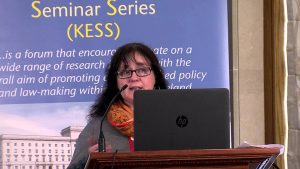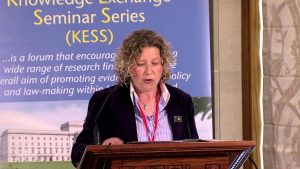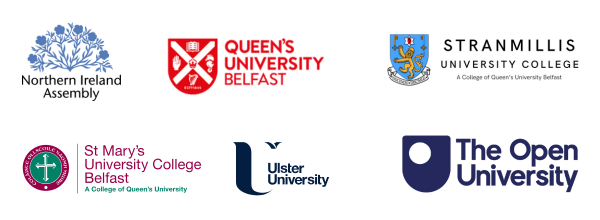
Engaging young people with the conflict and its legacy: findings from an evaluation of the ‘Prison to Peace’ educational programme
Ms Lesley Emerson, Dr Karen Orr and Prof Paul Connolly (QUB) ‘Prison to Peace’ is an educational programme which assists young people in exploring the conflict and its legacy through the narratives of politically motivated former prisoners. A cluster randomised controlled trial evaluation of the initiative, funded by the Office of First Minister and deputy First Minister and conducted by QUB School of Education, demonstrates that the programme has the following significant positive effects on young people: reduction in sectarian prejudice; reduction in support for violence; and increase in likeliness to participate positively in school and community, as indicated by

Experiencing Youth Justice: Process, Meaning and Legitimacy
Dr Nicola Carr and Dr Siobhán McAlister (QUB) Reform of the youth justice system, including the wide incorporation of restorative justice approaches, was a central component of the Criminal Justice Review (2000). Following the devolution of policing and justice powers to the Assembly, the Youth Justice Review (2011) made a series of recommendations for further reforms. These included proposals for the introduction of a statutory time limit in youth cases to tackle avoidable delay. Strengthening legitimacy and advancing rights-based approaches are key themes underpinning the recommendations of Youth Justice Review (2011). Young people’s views of justice within the system are



